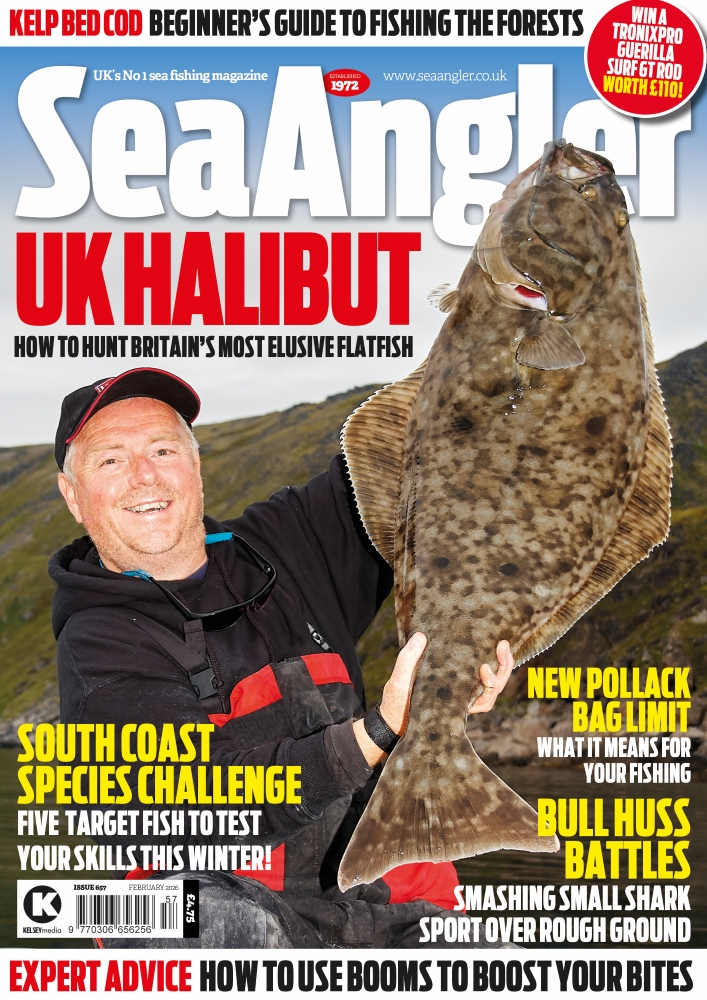Lots of anglers worry about the lack of youngsters getting into fishing – the question is how do we encourage them to take it up and keep at it. There are plenty of youth angling opportunities around the country if you know where to look. Brian Pask who writes about it regularly, and Lucy Bowden angler, fishing coach and Marketing Executive for Sportfish sets out some top tips for encouraging youngsters.
One of the best things about fishing is that it’s for absolutely everyone. No matter age, gender or background, fishing is a hobby that everyone can enjoy and get a buzz from. Not only is it a sport that’s fun, but it brings with it a wealth of wellness benefits that truly make a difference.
So what are the best ways to attract young anglers and keep them interested….
- Prepare
Taking a leaf out of Benjamin Franklin’s book when he said, “By failing to prepare, you are preparing to fail” – when it comes to introducing your youngsters to fishing, having a basic level of equipment will ensure they have everything they need to get started and higher their chances of success. Think carefully about what time of target fish will suit them and choose the venue accordingly.
- Supply the correct kit
When introducing youngsters to sea angling make sure they have the right kit and it is match to the youngsters capabilities. Sounds obvious but it’ll make all the difference. Don’t kit them out with rods that are too big to handle, reels that work for them and end tackle which is complicated.
- Keep it simple
Make sure the end rigs are over complicated and are easy to replace. Use pre-tied rigs that are simple to clip on and easy to use bait. New anglers can easily get bamboozled by too much information so get them enthused by the activity and if they want more they’ll ask questions.
- Be enthusiastic.
Make them feel that the whole activity is fun, be positive about the benefits and make sure you praise the good stuff they do and use what goes wrong to their advantage – particularly when beach-casting. Everyone responds to positivity and if you have this kind of attitude to it they will think it’s fun even if they don’t catch anything.
- Use the learning experience – be patient
When things go wrong, which they invariable will, keep things positive letting them know what they can do to improve and be patient when explaining how they can get it right. Not everyone picks things up straight away so this is critical.
- Maximise catching opportunities – choose the right venue.
One thing which will cement their enthusiasm is if they do catch something – it really doesn’t matter if it’s a tiny whiting the fact they’ve been able to succeed will fuel their enthusiasm. This means finding a venue which is very likely to produce fish, picking a tide which optimises feeding times and ensuring you have fresh bait appropriate for the venue. Try and put them on the fish within the distance they can cast – choose the right venues.
- Keep the session short
Attention spans vary so when the fishing is slow keep them engaged and active. If you do anything for too long, you’re bound to get bored, and children do need a feed of excitement to keep them going. If children are having limited success, I’d recommend not to fish for more than two hours. Whether it be adults or children, 95% of my lessons are no longer than two hours – as a beginner, any longer than two hours and the student gets bored, tired or can’t take in any more information. It so important to keep it fun.
- Watch the weather
Now the weather is very unpredictable in the UK but do your best to pick a good fair-weather day for the best chance of a successful catch. Try to pick a day when it’s not blazing sunshine – cloud cover is good. Failing that, fishing earlier or later in the day when the temperatures have dropped is much better than fishing at 12 noon when they’re at their highest.
- Make it fun
Children are very visual learners so pop the indicator on so they have a target to focus on – there’s nothing worse than standing staring at a blank lifeless water for hours and, love them or hate them, indicators can be a great way to generate fairly quick early success. Afterall, the first trip is all about instilling confidence. Confidence in a new environment, in the outdoors and with the fish when they catch them – it all takes time. Perhaps even bring a picnic to enjoy lake side and make the most of the day out.
- Use the information resources available
Go to the Angling Trust website where you may be able to locate coaches and fishing opportunities- Similarly if you contact a local fishing club nearby you can ask if they have a youth section where they can learn with other youngsters.
Now is the most perfect timing to get some fishing lined up as National Fishing Month is upon us (29th July – 3rd September) https://nationalfishingmonth.com
More information can be found here https://anglingtrust.net/getfishing/







